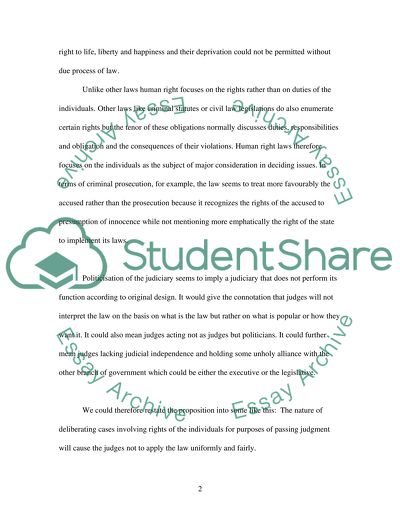Cite this document
(“Individual Rights and the Law - Scots Law Essay”, n.d.)
Individual Rights and the Law - Scots Law Essay. Retrieved from https://studentshare.org/miscellaneous/1535874-individual-rights-and-the-law-scots-law
Individual Rights and the Law - Scots Law Essay. Retrieved from https://studentshare.org/miscellaneous/1535874-individual-rights-and-the-law-scots-law
(Individual Rights and the Law - Scots Law Essay)
Individual Rights and the Law - Scots Law Essay. https://studentshare.org/miscellaneous/1535874-individual-rights-and-the-law-scots-law.
Individual Rights and the Law - Scots Law Essay. https://studentshare.org/miscellaneous/1535874-individual-rights-and-the-law-scots-law.
“Individual Rights and the Law - Scots Law Essay”, n.d. https://studentshare.org/miscellaneous/1535874-individual-rights-and-the-law-scots-law.


